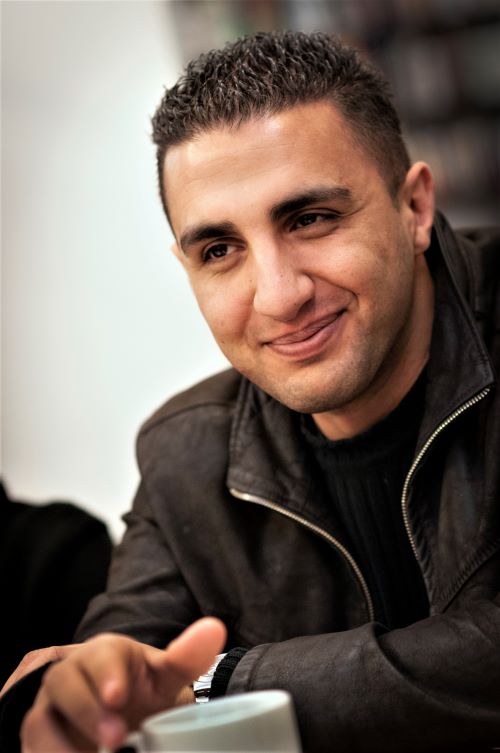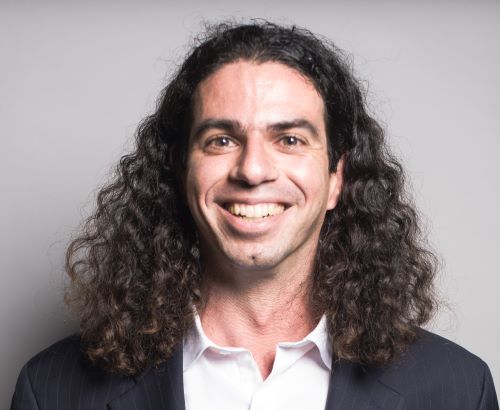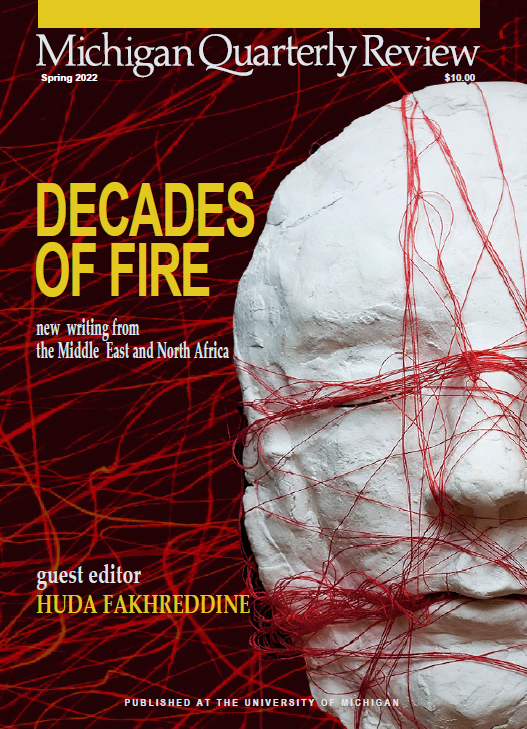Take refuge in language:
it’s the only solid ground
for ships pitched by waves of misfortune.
Take refuge in language:
it often took refuge in you
to vent all its passions,
a snake seeking shelter from the flames
within the flames,
a man running from one lion
into the jaws of another.
Take refuge in the words of the forefathers,
for the words of your contemporaries
cannot comfort a wound
or prevent a suicide
or stop these poison gases
that drive you from your home
and ruin your place of exile.
From city to city, you lost your life
and remain
with a wealth of losses.
I saw you lose,
I heard you lose,
I touched, tasted, smelled your losses, as I had never
touched, smelled, or tasted before—
as if the senses were made for this.
The sun of loss rises over your life
and calls itself an Andalus,
and your days flow in the Darro river:
The water does not remember
a family,
does not hear
the voice of a friend,
and has no sense for justice.
Your memory flows through the water
but you don’t follow it
to the river’s mouth;
it doesn’t even know
that it’s your memory.
The sun of loss rises
while your days roar in silence.
Translated from the Arabic by
Kareem James Abu-Zeid






